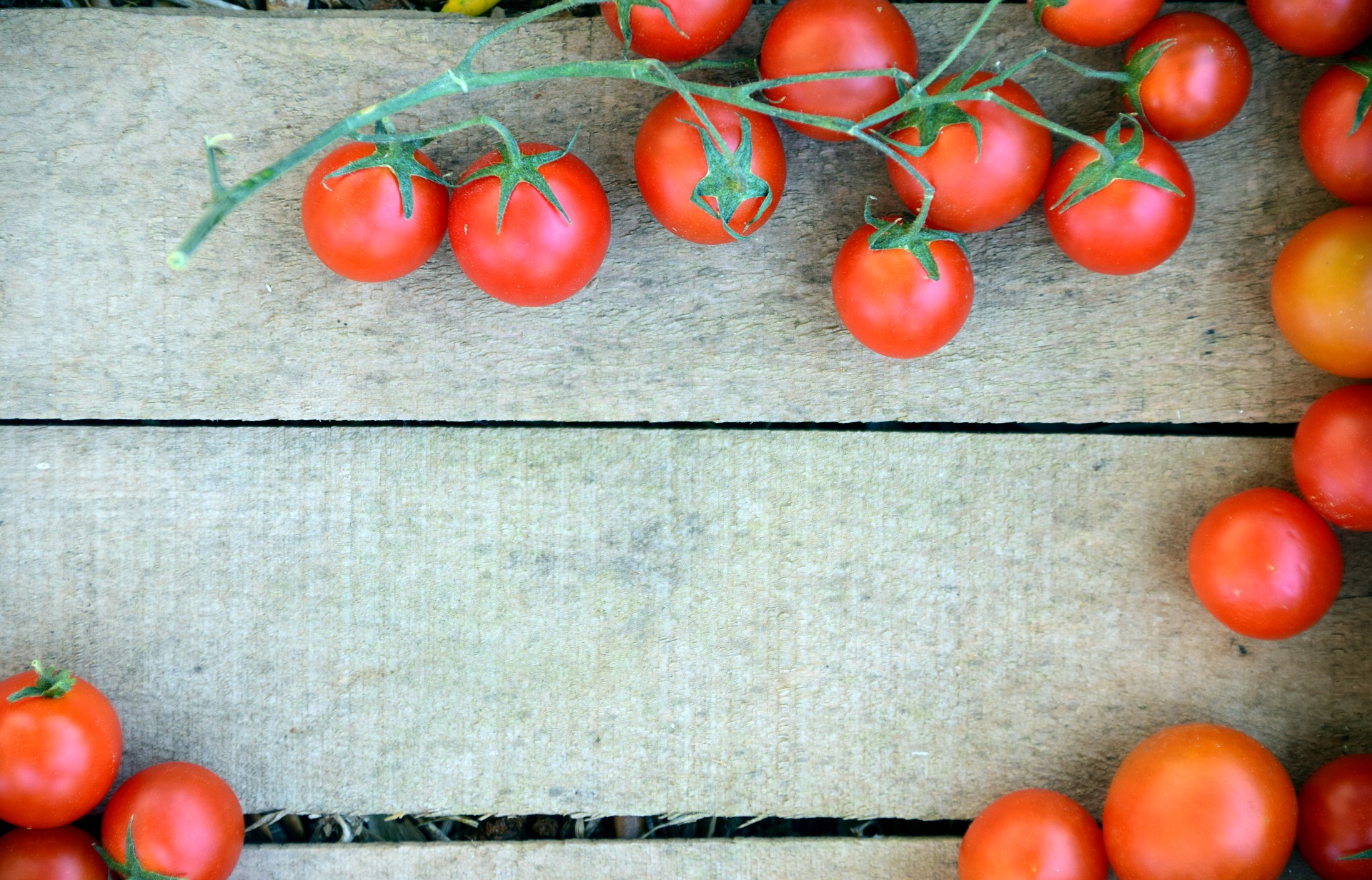Vegan, Vegetarian, Meatlessness: A choice, preference or belief – Discover the hidden reasons behind these diets

The diet fad of avoiding meat, animal produce or certain allium vegetables, fazes some people, yet there are many who follow them, and the numbers are growing too. Some wonder, what’s the fuss and pickiness, why not eat to the delight of our tastebuds? Perhaps some who go on these diets too have not known the deeper significance of it. Worry not as here, we'll take a unique look as to why, being vegan, vegetarian & going meatless can be healthier.
For us to understand this clearer, we’ll take a look at our biological function and how it all works. But first, let me describe these different diets and how they differ. Vegetarians, for what’s commonly known is those who eat vegetables plus eggs or dairy produce, but avoid meat. Vegans on the other hand do not consume eggs, cheese, milk or any animal produce plus avoiding garlic, onions and sometimes chilli. There’s another type of diet choice, called pescatarians, what’s known as eating seafood but not meat like poultry or beef. Essentially we'll look at these aspects and why the choice of meatlessness in these diets.
Now for the biological aspect. If we take a look at how evolution has designed our digestive system and it’s organs we can get a better picture. As a clear example, let’s explore natural meat eaters, or carnivorous animals. At first glance we can see that they’re predatory and have fangs and sharp teeth to sink into and tear on meat. On deeper observation, we see that they do not finely chew on their meal and it is sent down the digestive tract for the inner organs to process this. It’s well known too that they have stronger stomach acids to process the meat that they consume – many times stronger than humans. And their digestive system is rather shorter and things are processed faster, as meat has a tendency to rot if kept for too long.
With that information, let us now look at our own digestive system and organs. At first glance we don’t see any fangs, and they’re pretty docile looking teeth. That could give a hint. Our digestion process is a little longer with digestion starting in the mouth through chewing and break down through saliva. Food then further goes down into the stomach, then small intestines and next large intestines. Overall it takes several hours for the whole process.
Comparatively it is showing that our bodies are less designed for meat and are very much more suited for vegetables. We can’t deny that what’s tasty and flavourful is what we’re driven to eat. Meat is certainly so. We’re even so living in comfortable environments with meat easily being produced and butchered that it’s easily available for us to eat. The choice is ours certainly, and we’re no doubt privileged that we can choose what to eat.
At the same time, is the science of our biology enough to explain the suitability of what's better to eat. What about certain beliefs in certain cultures that the cow is revered and that pork is shunned? What makes for it? Perhaps we could take a deeper look into it and explore the reasoning to it from a more profound perspective.
Here’s where we’ll see the simplicity in it and grasp the understanding of what eating consciously really means. The food that we eat, would we not agree that it consists of some memory composition or information or we can say genetics. The act of eating is also a process of integrating this memory and allowing it to be a part of our system. Food that has a very complex sense of memory and information, like animals that are far developed like mammals, make it harder for us to break it and make it a part of ourselves. Whereas, something like a fruit or a vegetable is much easier to assimilate. Eating something that is further evolved carries also the make up of sense and emotions that the animal carries during its life. A cow, as it is revered, is known to have developed emotions similar to humans.
This is where pescatarians sit in between, it’s meat but it’s still, one of the early life forms on earth and aren’t as close to us, evolution wise. One other thing we would also want to take note of is the energy, or prana contained in food. Food items like chillies, onions, garlic and even brinjals, are negative pranic. There you can see why vegans omit some of them. Potatoes are zero pranic meaning they’re eaten mostly for taste. And green vegetables are mostly positive pranic food, giving lots of energy. Those that are sensitive to energy can observe this. Pork for one has dirty greyish energy to it.
At the end of the day, we can all agree that the best way to eat is to eat what’s good for our bodies. Something that keeps us nourished, that’s compatible with our bodily mechanism, and that gives us energy. Yes, there are preceding notions of not being cruel to animals, and that has it’s essence and importance too. Most importantly, see it in a way that it's best to eat what suits the body well. Clearly from the overview of all that we've looked at. It is best to go for live and raw vegetables & fruits, for it’s resonance with our digestion, the energy it gives us and the health benefits in the long term. Towards a healthy eating habit, and a better you.
Credits:
- Sadhguru
- Pranic Healing
»Don't forget to follow, resteem and comment if you like this article. Thank you«
Some awesome vegan foodies! Check out the vegan sushi roll on my blog!
Will have a look, thank you.